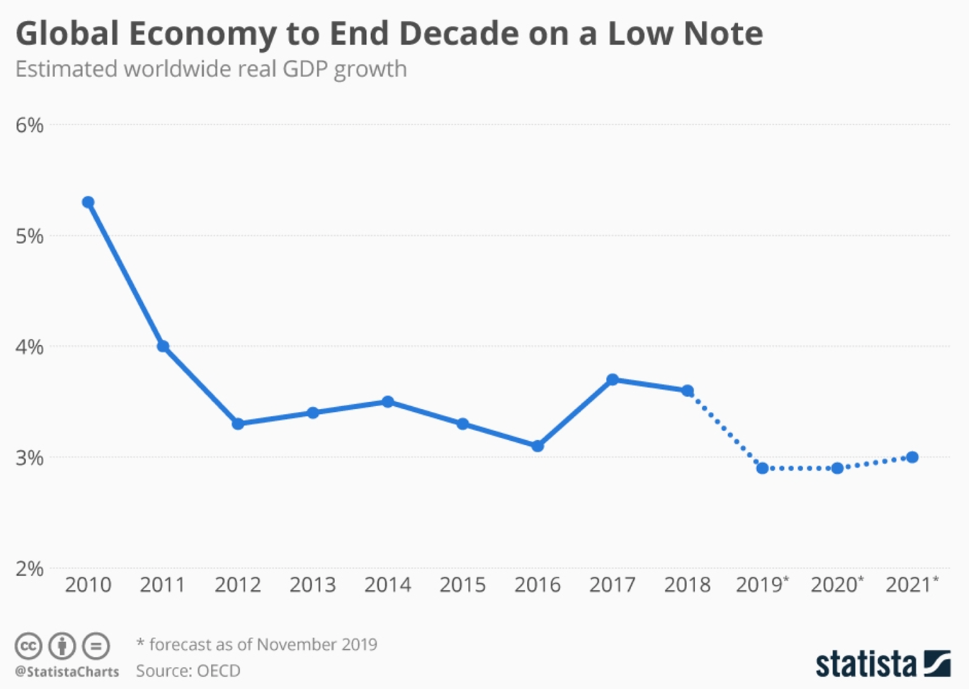

It’s times like these that the world needs people like me with grey hair or no hair, to put scary headline stories into historical perspective.
The IMF is warning about a slower-than-expected economic recovery in 2021 but this mob isn’t renown for its forecasting prowess.
With the Melbourne Cup only three weeks away, it’s timely for me to remind you that the horseracing industry has been known to scoff at something that’s unreliable as “that’s like taking a tip from a jockey!” When I started this public commentary caper on the economy, I used to treat forecasts from the IMF, the World Bank, the OECD, Treasury, the RBA and credit ratings agencies as experts who were great at forecasting.
Over 30 years of watching these experts, I know they’re fallible.
In a nutshell, the IMF story out today says:
So what this news story is really saying is that the headline is actually scarier than the underlying story!
Have a think about the first ‘fact’. In April, after the stock market crashed about 35% in a month, the IMF thought the world economy would shrink by 3%. But now they want us to take their guessing seriously, despite the fact they’re admitting their previous guess was terribly wrong.
Anyway, we’re now in mid-October and they’re telling us a story about a year that’s nearly over, which is of little relevance for anyone planning for next year or trying to get positive about the prospects for 2021. This is important because 2021 will be a better year if more people approach the year believing that it could be very positive. And on the IMF’s own guessing, it actually does look pretty damn good.
This brings me to the second ‘fact’, that the IMF has guessed next year’s growth rate, which is a downgrade to 5.2% growth from, wait for it, 5.4%! This is only a 0.2% drop in a world of statistics that are neither reliable nor precisely accurate.
So here’s the real news: 2021 will be much better than 2020 for the world economy and for most people and businesses.
How come? Well, a 5% plus economic growth is an historically big number for growth.

This chart above shows that the world economy grew around 5% after the GFC recession worldwide but then only grew around 3%. So a rebound to 5% plus means there should be growing opportunities and increasingly better news for businesses and employees, if the IMF’s guesses are on the money.
Behind the IMF’s downgrade is the resurgence of the virus in Europe and the USA, which has economic implications, with the likes of Liverpool in the UK having to temporarily close down cafes and pubs. Against that, we don’t know when a vaccine will show up and that could be a gamechanger that will force the IMF to again change their forecasts — but this time it will be to ramp them up.
“The ascent out of this calamity is likely to be long, uneven, and highly uncertain,” IMF chief economist Gita Gopinath said in a blog post. But even this could be wrong if a vaccine shows up and shocks us to the positive rather than to the negative.
Sticking to its pessimistic view, the IMF said “global growth is expected to slow to roughly 3.5% between 2022 and 2025, leaving the output of most economies below levels that were predicted before the pandemic.” (CNN)
The US economy is expected to shrink by 4.3% in 2020 before expanding by 3.1% in 2021. The IMF thinks the 19 countries that use the euro will experience a harsher contraction but a sharper recovery, with output falling by 8.3% this year before jumping 5.2% next year.
But better numbers won’t only rest on better-than-expected vaccine news. “If new government spending is announced, the outlook could improve,” the IMF said.
Its guesswork is based on existing legislation and announcements.
What we have to hope for is a weaker resurgence of the virus or faster-than-expected progress on vaccines, which would lead to a stronger global economy.
Anyone getting tired of social distancing, mask-wearing and other restrictions need only look at life in Victoria and what’s happening in Europe and the USA, to realise that our government’s handling of the virus is actually giving us an economic advantage.
I understand why the Premiers of Queensland and WA are playing hard ball on the borders but New South Wales is showing what’s possible with good processes to ‘seek and contain’ the virus. And that should be the model for an economy that needs borders open ASAP.
If we don’t get open borders and the positive vaccine story underwhelms, then my optimism on our economy will be downgraded.
On the flipside, if a vaccine comes and is very impressive, then the IMF’s 5.2% growth number for 2021 could go over 6%. And that would be HUGE! As I often say — go vaccine companies!